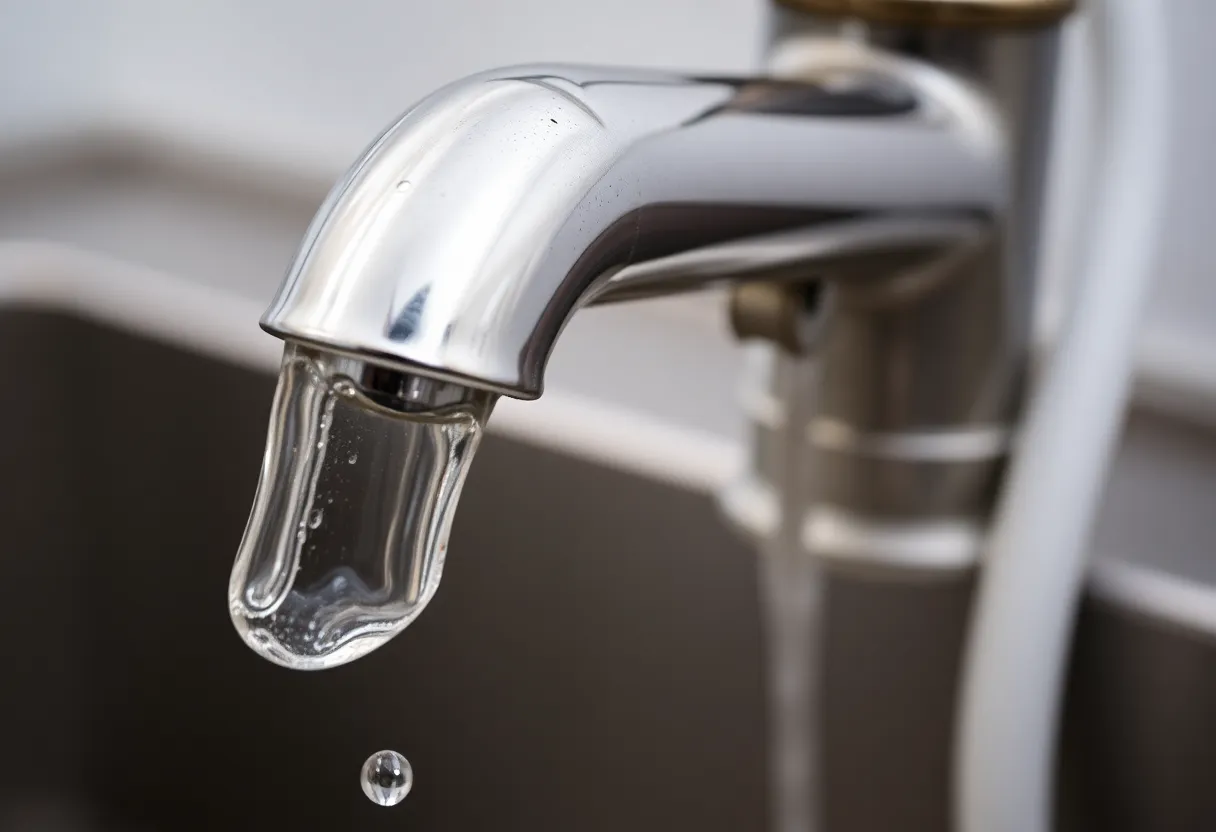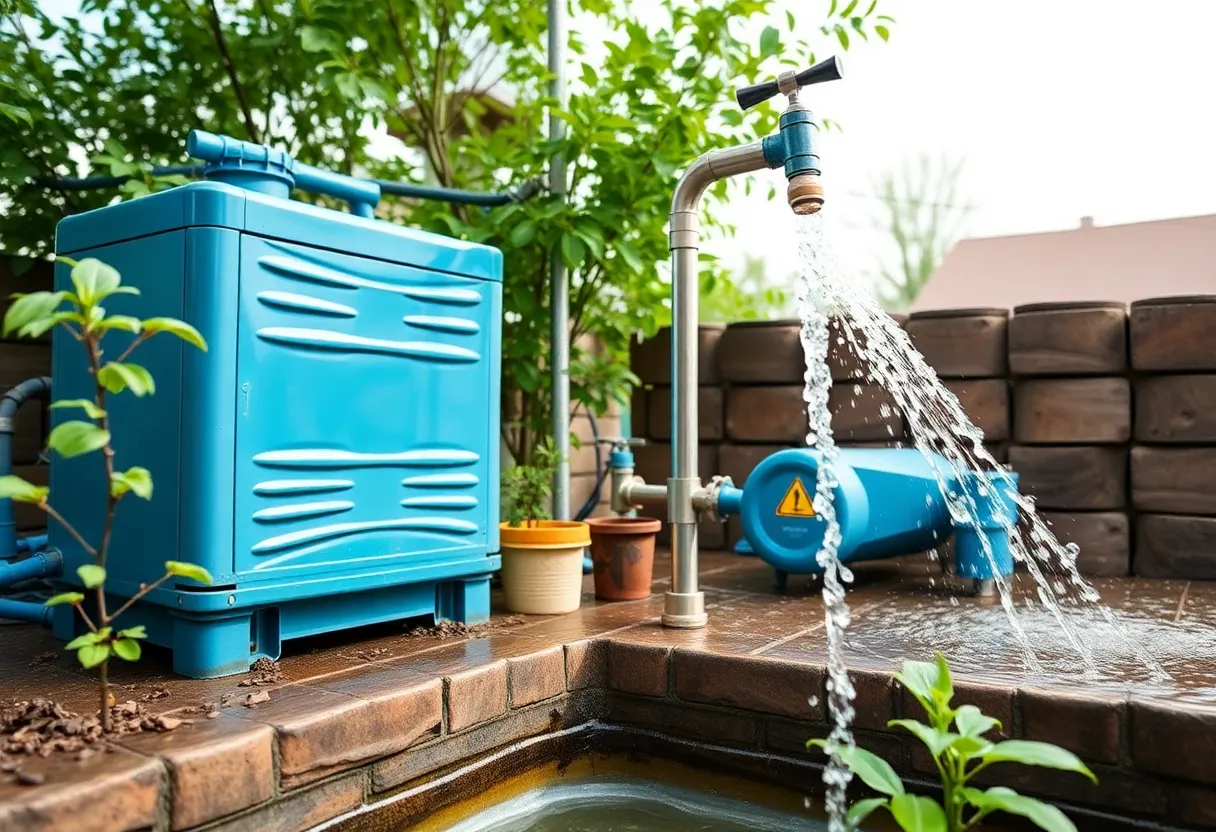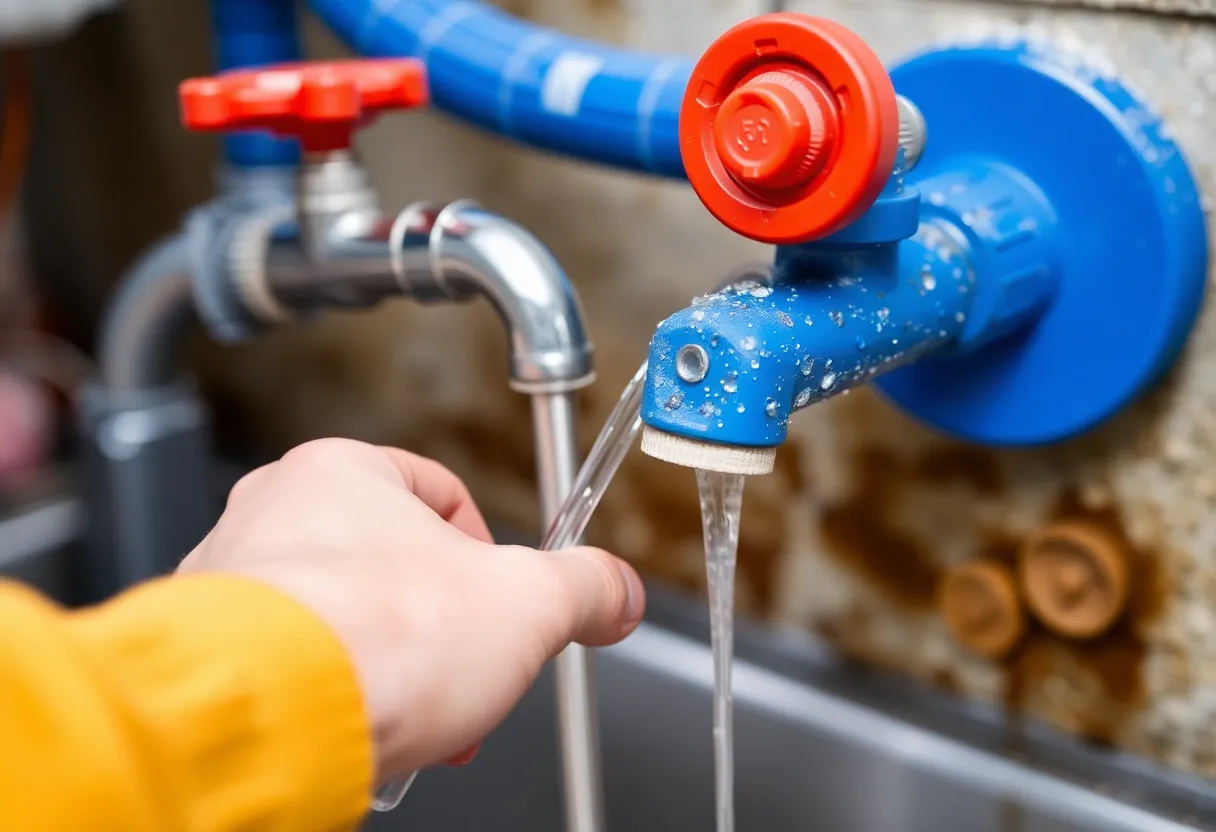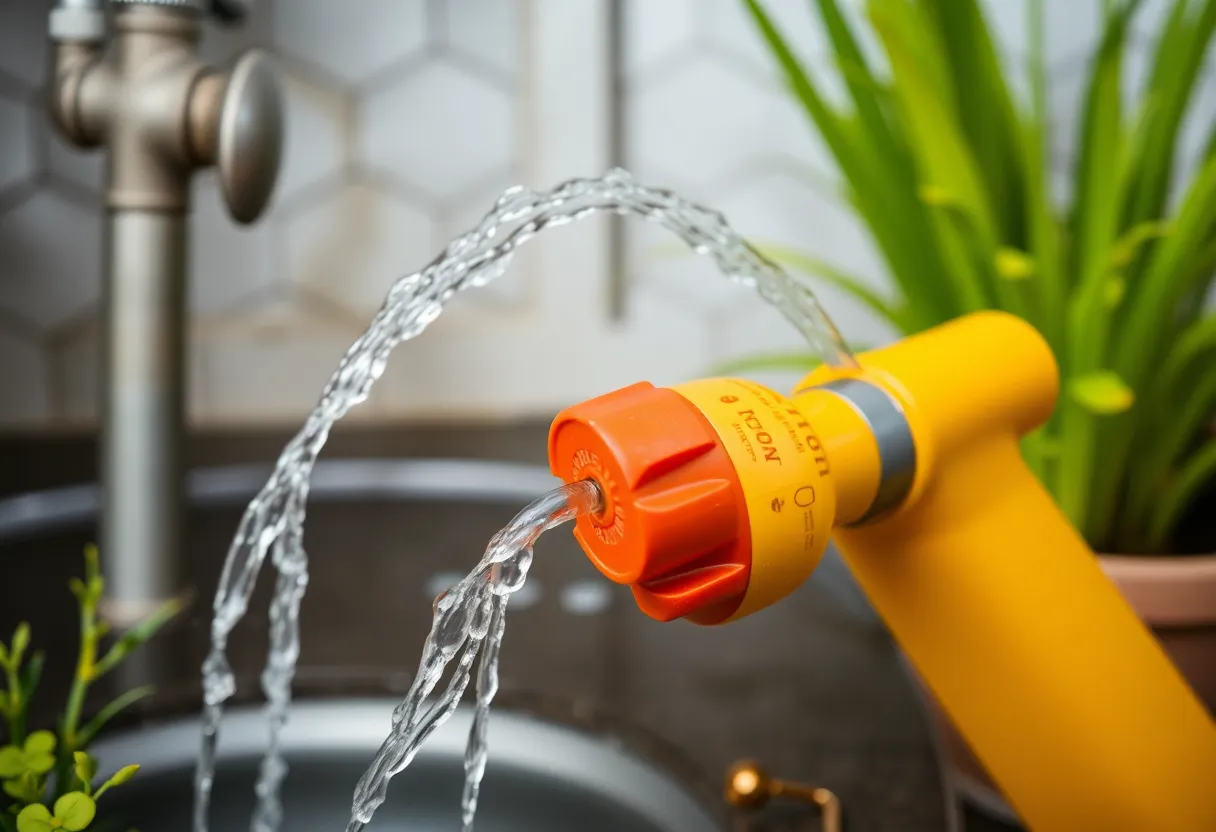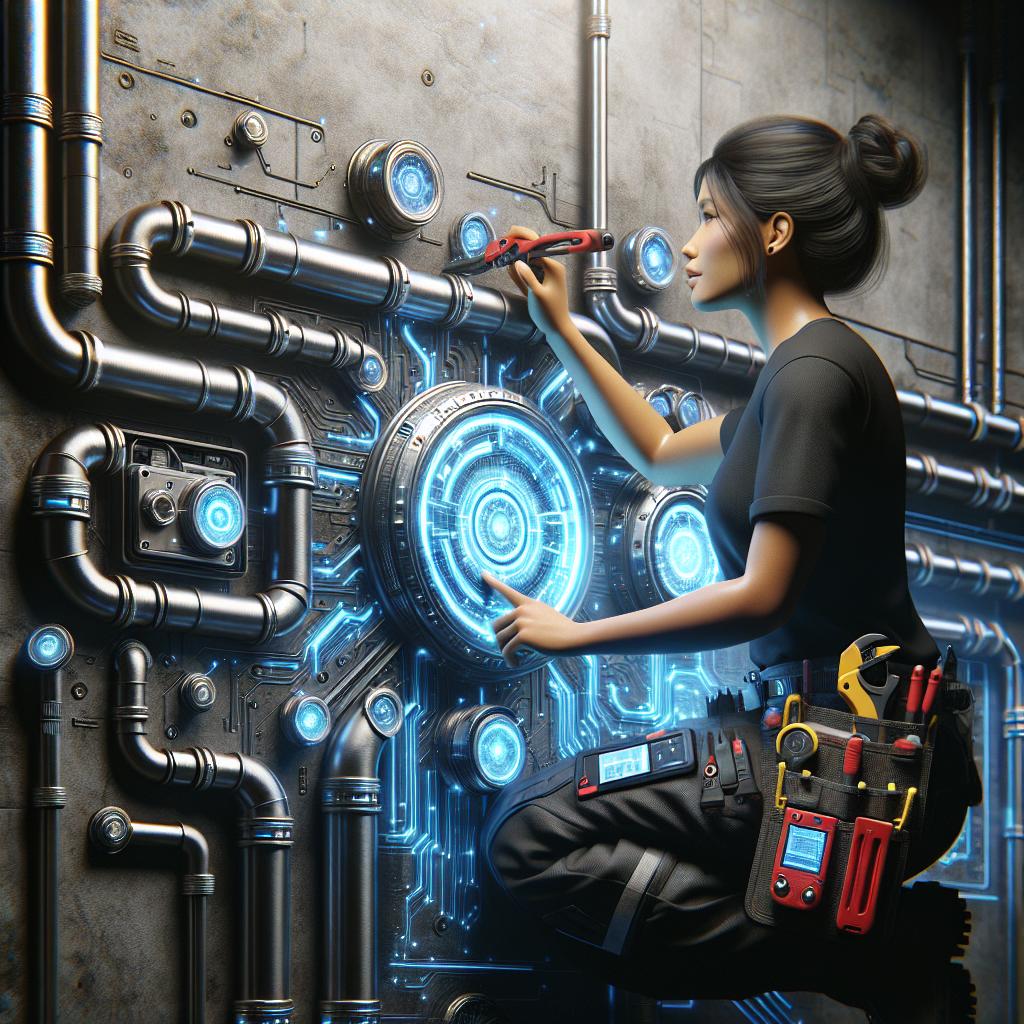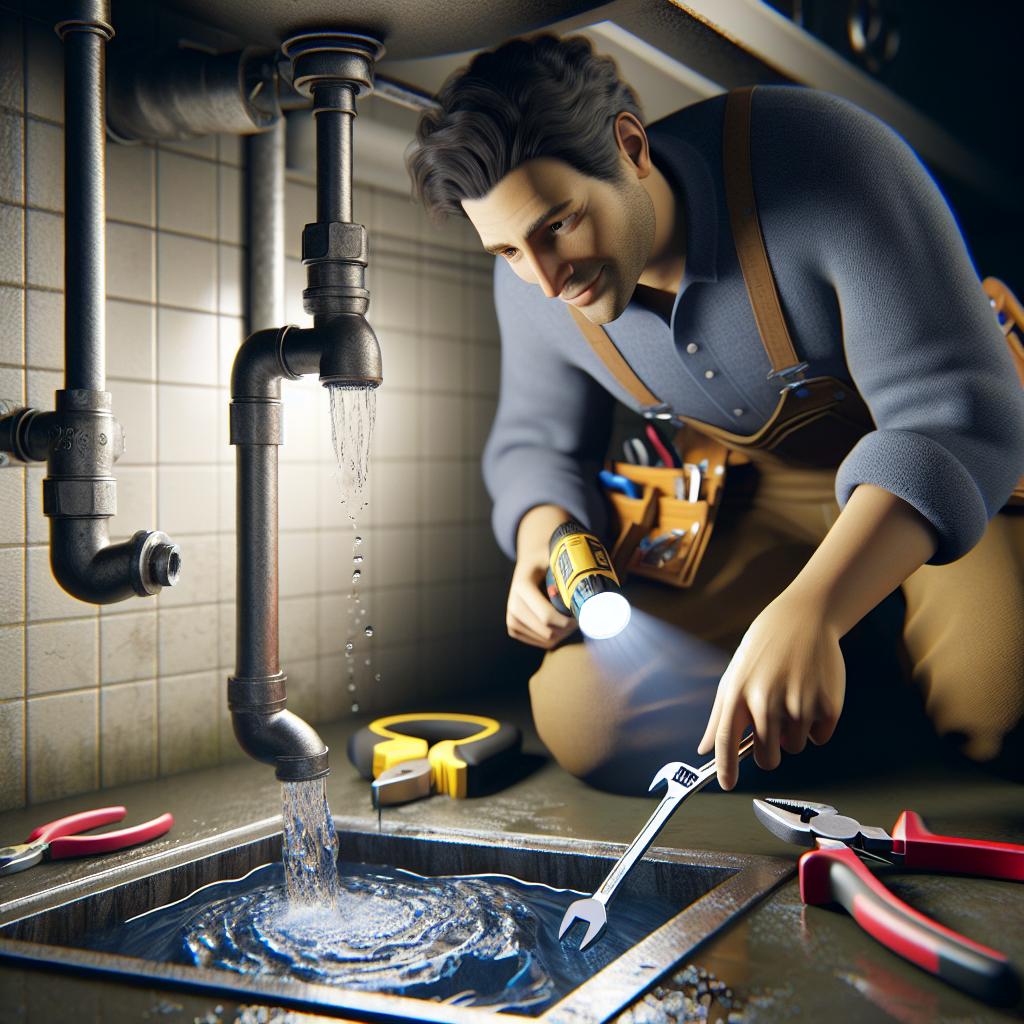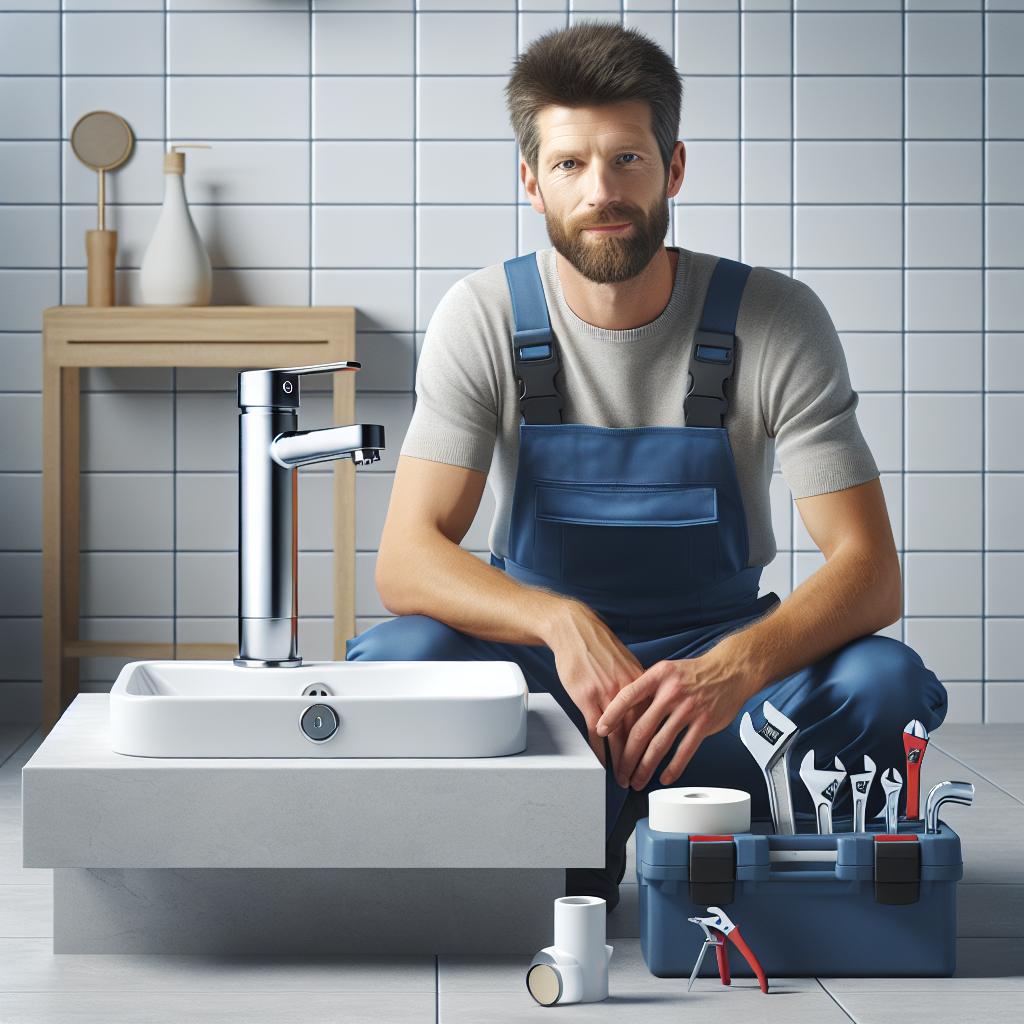Plumbing Pitfalls: 7 Surprising Reasons Your Water Bill Might Be Skyrocketing
Have you recently opened your water bill only to find that it has taken a sudden and unexplained leap? You’re not alone. Many homeowners experience unexpected spikes in their water bills, leading to confusion and concern. While this can be a frustrating situation, understanding the underlying causes can help you take corrective action. In this blog, we will explore seven surprising reasons your water bill might be skyrocketing, some of which you may not have considered. Let’s dive in!
1. Hidden Leaks
One of the primary culprits of rising water bills is hidden leaks. These leaks can be elusive, often going unnoticed for long periods. A leak can occur in a variety of places, including:
- Underground pipes: Leaks in the main water line can lead to significant water loss.
- Connections to fixtures: Joints where water lines connect to sinks, toilets, and dishwashers.
- In walls or ceilings: Plumbing installed behind walls may develop slow leaks that are hard to detect.
Signs of a hidden leak might include a sudden increase in your bill without any change in usage or damp spots appearing on floors or walls. To detect these, consider performing a simple check by monitoring your water meter. If your water meter is moving while no water is being used in your home, this could indicate a leak.
2. Running Toilets
Another frequent contributor to high water bills is the notorious running toilet. This common plumbing issue occurs when the toilet’s flapper valve fails to seal properly, allowing water to continuously flow from the tank into the bowl.
Fixing a running toilet is often straightforward and can be done in a few steps:
- Lift the tank lid and check if the flapper is damaged or warped.
- Ensure the chain is not too tight or too loose.
- Consider replacing the old flapper with a new one for a tight seal.
A running toilet can waste hundreds of gallons of water per day, so addressing this issue promptly can save you significant amounts on your water bill.
3. Irrigation Systems and Sprinklers
Outdoor watering systems, particularly sprinklers and irrigation systems, can contribute heavily to increased water usage. If you have an automatic sprinkler system, you may not be fully aware of how much water it uses.
There are several factors to consider here:
- Leaking hoses: Check for leaks in the hoses that may not be visible but can still waste water.
- Faulty timers: If the automatic timer is malfunctioning, it might run longer than necessary.
- Over-watering: Ensure your plants and lawn are getting the right amount of water; adjust your system accordingly.
Regularly inspecting your sprinklers and adjusting their schedules based on seasonal weather can keep your water bills manageable.
4. Increased Usage
During specific seasons, you may notice higher water consumption due to increased usage. For example, the arrival of warmer months often encourages families to use more water for activities such as:
- Gardening and landscaping
- Filling up pools
- Hosting outdoor parties and events
Additionally, if you’ve recently welcomed new family members, such as children or pets, your water consumption could naturally rise. While enjoying these activities, it’s wise to remain mindful of your overall usage and consider implementing conservation practices like:
- Using drip irrigation systems for gardens
- Collecting rainwater for outdoor watering
- Installing water-efficient appliances
5. Water Softener Problems
If you live in an area with hard water, you likely use a water softener. While these systems are beneficial for household appliances and plumbing, they can sometimes malfunction or require manual regeneration more than necessary.
Issues might include:
- Improper settings: Ensure your system is correctly programmed to regenerate based on your household usage.
- Salt bridges: This occurs when a layer of hardened salt forms above the brine, hindering the regeneration process.
- Leaking tanks: Inspect the water softener for leaks that may be contributing to lost water.
Regular maintenance can help catch these issues early and keep your water bill from rising unexpectedly.
6. Hot Water Heaters Running for Longer Periods
Hot water heaters, especially older models, can be energy and water guzzlers. If your hot water heater is running longer than usual, it could significantly impact your bill. Potential causes include:
- Temperature settings: If your water heater is set too high, it may run longer to maintain that temperature.
- Mineral build-up: Hard water can cause sediment to accumulate in your tank, which reduces efficiency.
- Faulty thermostat: A malfunctioning thermostat may lead to excessive cycling of the heater.
Consider regular servicing of your hot water heater to enhance efficiency. If it’s time for an upgrade, look for energy-efficient models to lower both energy and water bills.
7. Unanticipated Changes in Water Source
Lastly, a more surprising reason for soaring water bills can stem from unanticipated changes in your water source. If your municipality changes water suppliers or introduces new rates, this can directly impact your bill without any change in consumption on your part.
To stay informed, regularly check communications from your water utility providers, as they often announce this information in advance. Consider discussing rates with your neighbors; if everyone is experiencing the same issues, it might be worth contacting the water company.
Conclusion
In summary, if you’re experiencing a sudden jump in your water bill, it’s essential to look beyond just the obvious causes. From hidden leaks to outdoor watering practices and the management of appliances, many factors can contribute to elevated usage and costs. Being proactive about regular maintenance, monitoring your consumption, and addressing issues as they arise can help you avoid surprise spikes in your bills.
By keeping an eye on your plumbing system and being mindful of water usage habits, you can significantly reduce your monthly water bills and ensure you’re not wasting a precious resource. Remember, every little effort counts toward conservation, and a difficult start can turn into a positive habit in managing water effectively!




